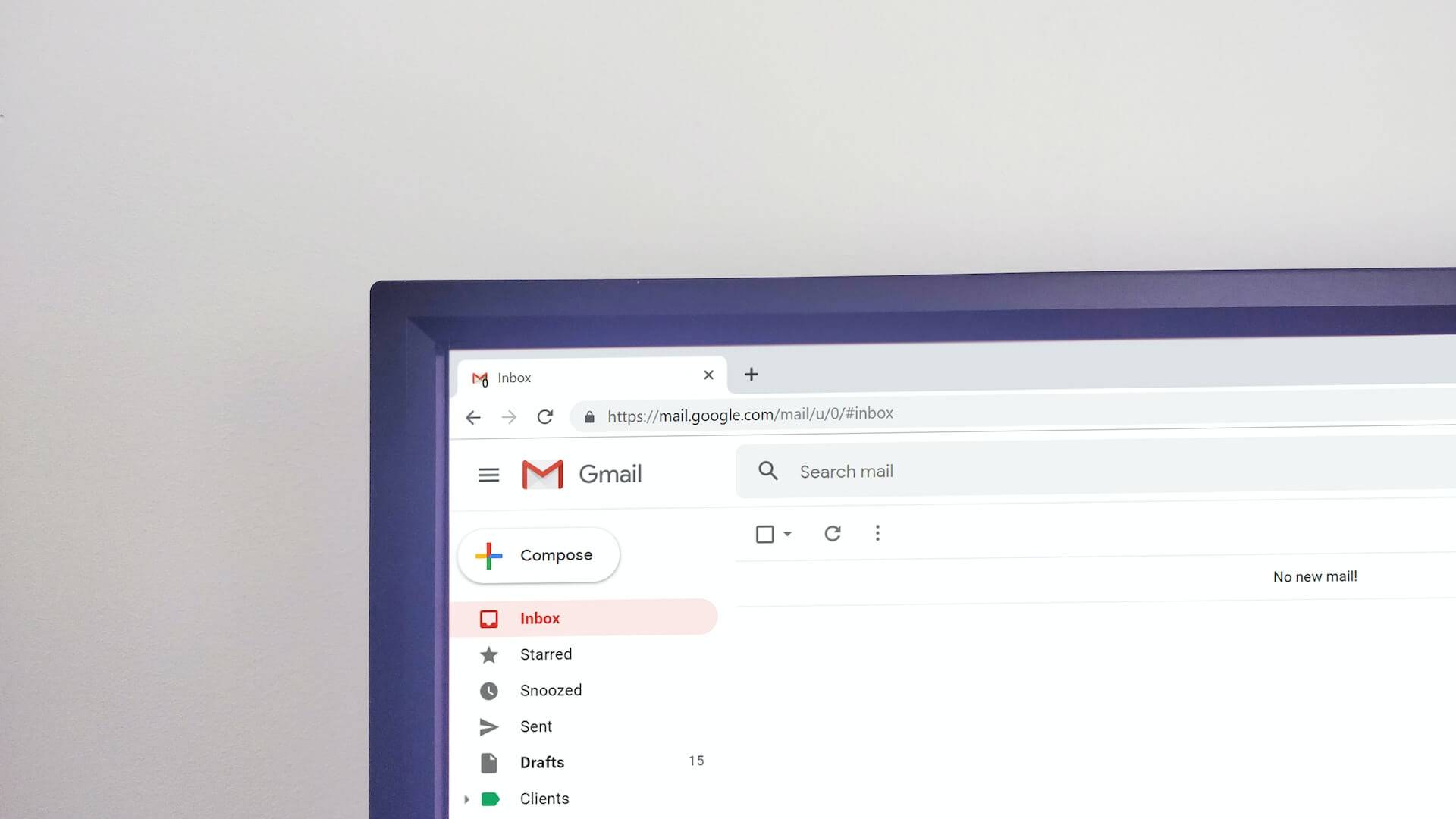The Power of a Swift Response: Building Trust and Seizing Opportunities

One of the key factors that can make or break a business’s success is how quickly it responds to its clients and customers. In this article, we will explore the importance of a rapid response to clients and how it not only opens doors to better opportunities but also creates a lasting impact of reliability and trustworthiness.
The Impression of Promptness
In a world where immediate gratification has become the norm, clients and customers expect swift responses to their queries and concerns. A quick response shows that you value their time and that their needs are a top priority for your business. It sends a strong message that you are attentive and eager to address their requirements, fostering a positive impression from the outset.
A prompt response also showcases your efficiency and organizational skills, indicating that you have well-structured processes in place to handle client interactions. Such professionalism builds confidence in your clients, leading them to believe that you will handle their business affairs with the same level of competence.
Seizing Opportunities
In the fast-paced business landscape, opportunities come and go in the blink of an eye. Many lucrative deals and collaborations hinge on timing, and being quick to respond can make all the difference. Clients are more likely to reach out to businesses they trust, and a rapid response demonstrates your attentiveness and commitment to meeting their needs.
Responding promptly to clients also allows you to stay ahead of your competitors. In highly competitive markets, businesses often vie for the same opportunities, and those that can respond swiftly have a distinct advantage. Whether it’s providing a quote, answering a question, or initiating a follow-up, being the first to respond significantly increases your chances of winning new business.
Building Trust and Reliability
Trust is the cornerstone of any successful business relationship. A prompt response to clients conveys a sense of responsibility and reliability. It shows that you are dependable and can be counted on when needed, which is critical for establishing long-term partnerships and repeat business.
On the contrary, delayed responses may create doubts in the minds of clients. They may wonder if you are truly invested in their needs or if you have the capacity to handle their demands. Prolonged response times can also be seen as a lack of commitment, potentially driving clients away in search of more responsive alternatives.
Enhancing Customer Experience
In the era of heightened customer experience expectations, a quick response is an essential component of excellent service. Clients appreciate being heard and having their concerns addressed promptly. By providing timely responses, you are actively engaging with your clients, making them feel valued and respected.
A satisfied client is more likely to become a loyal advocate for your business, spreading positive word-of-mouth and referrals. Conversely, negative experiences resulting from slow responses can lead to a tarnished reputation and the loss of potential business opportunities.
Tips for Improving Response Time
- Utilize Automation: Implementing automated responses or chatbots for initial inquiries can acknowledge the client’s query immediately, even if a personalized response follows later.
- Set Clear Expectations: Communicate expected response times to clients, managing their expectations from the outset.
- Create Dedicated Support Channels: Establish specific channels (email, phone, chat) for client inquiries to ensure no messages get lost in the shuffle.
- Prioritize and Delegate: Ensure that client inquiries are prioritized, and responsibilities are assigned to team members who can respond promptly.
- Be Proactive: Anticipate client needs and provide information or solutions before they even ask for it.
Conclusion
In today’s business landscape, a swift response to clients is more than just good practice; it is an integral aspect of success. By prioritizing promptness, businesses can create a positive impression, seize opportunities, build trust, and enhance the overall customer experience. Embracing a culture of responsiveness will not only lead to better opportunities but also solidify your reputation as a reliable and trustworthy partner in the eyes of your clients. Remember, in the race for success, those who respond quickly are often the ones who come out on top.



